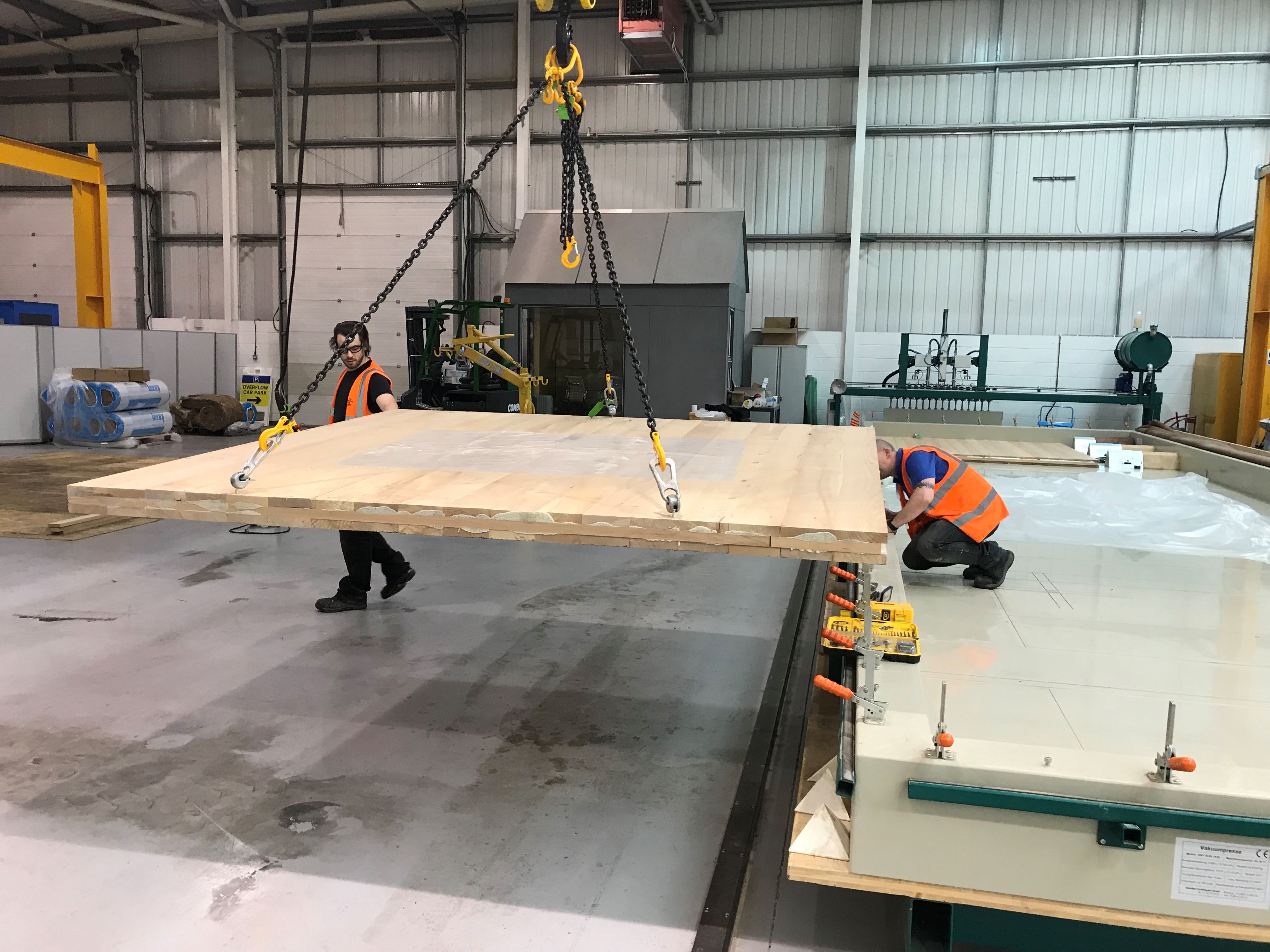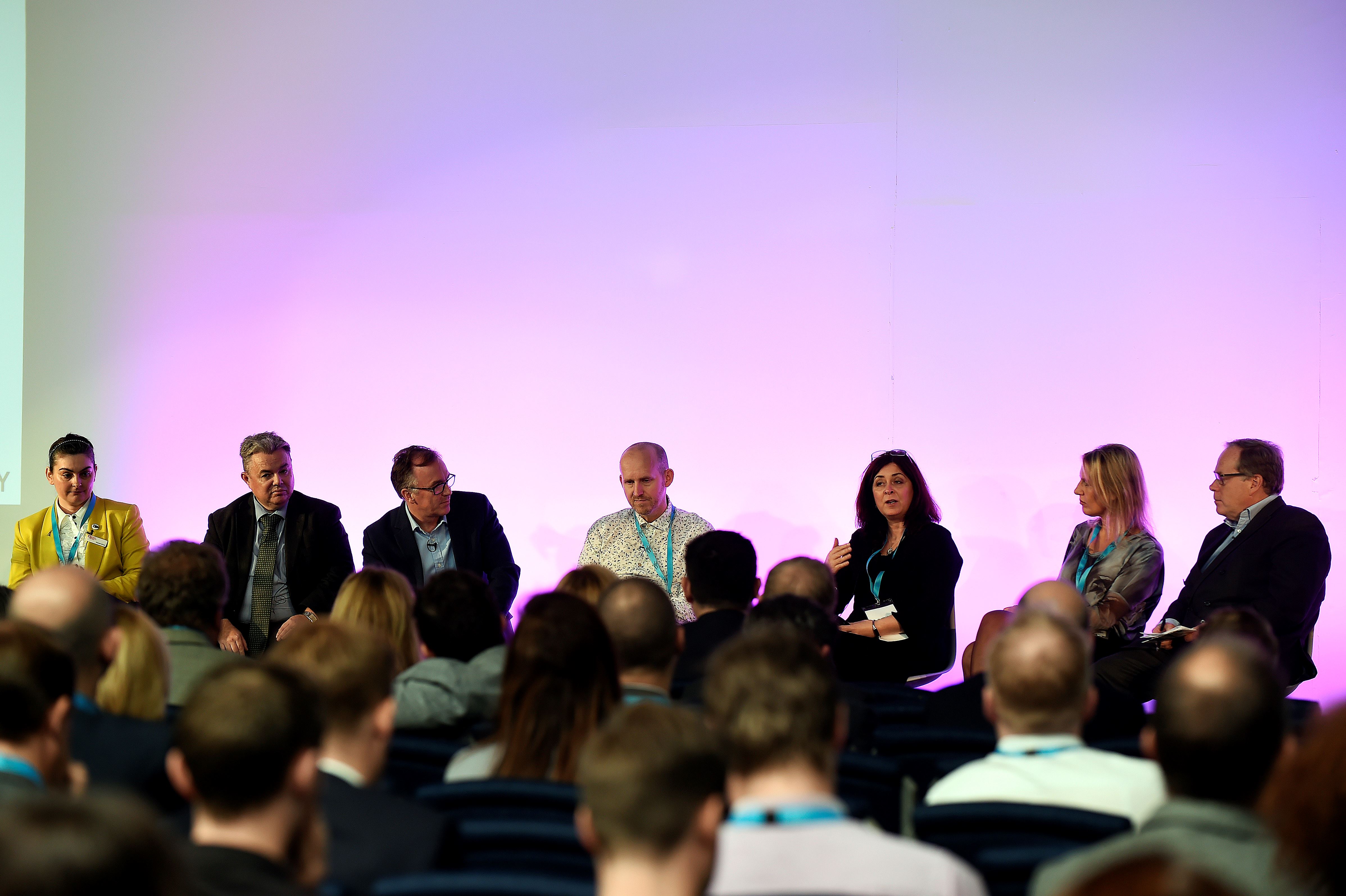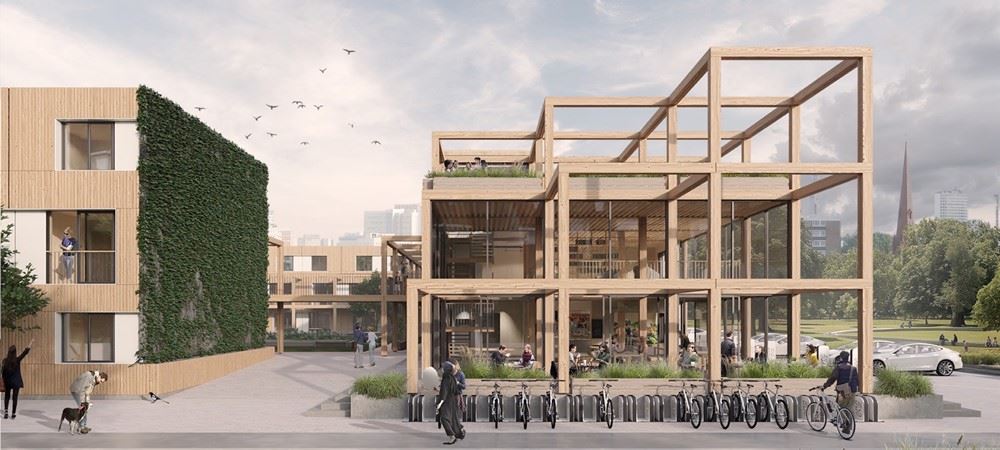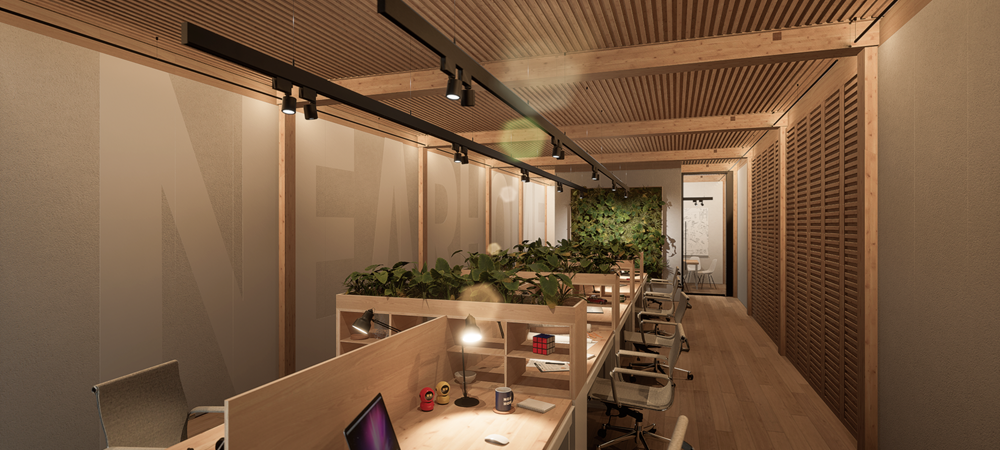Content
Accelerate to Zero Podcast: Delivering retrofit at scale
The Accelerate to Zero podcast is back with a new retrofit focused series in collaboration with the National Retrofit Hub (NRH). Throughout the series, we’ll spotlight each of the six working groups within the National Retrofit Hub, featuring guest speakers and innovators from across the UK retrofit sector.
In the most recent episode of the Accelerator to Zero podcast, we discussed how we deliver retrofit at scale in the UK, looking at the answers to questions like what retrofit models should we use? How do we finance the work? And how do we work together to achieve our goals?
Sara Edmonds, Head of Citizen Engagement at BE-ST was joined by Helene Gosden, Associate Director at Arup, Donal Brown, Director of UK Programmes at Ashden Climate Solutions, and Josiah Lockhart, CEO of Changeworks.
Delivery models, financing and collaboration
The National Retrofit Hub’s Working Group 5 focuses on delivery models for retrofit and so, the conversation opened with the panellists sharing their perspectives on how we best deliver retrofit at scale. Helene highlights insights from Arup’s internal retrofit task force, emphasising the significance of cross-disciplinary collaboration. She notes, "To assist in scaling up retrofit, the finance industry should collaborate with technical experts to address the processes and vehicles needed for investment. Having both sides in the room would help accelerate progress."
Donal, who chairs Working Group 5, reinforces this view, highlighting the need for long-term, sustainable investment in retrofit projects. "Retrofit is not going to make lots of money. It's about providing a service to society, not chasing double-digit returns. If investors are in it for high profits, they’re in the wrong market. Patience and accepting low returns are essential."
Josiah echoes this sentiment, pointing out that financial institutions' short-term focus creates a significant barrier. "The largest challenge here is the short-term horizon of most investment rounds - typically looking for ROI in two to five years. Retrofit investments offer long-term returns, possibly over 20-30 years. The finance sector needs to be open to longer-term horizons and new business models to support this."
Defining success
Sara asks the panel, "What does successful retrofit mean? Is it a reduction in carbon emissions, or is it satisfied householders?" The panel agreed on the need for clear, measurable definitions of what we are trying to achieve.
Helene highlighted the potential of data and digital tools to support this, stating, "We've been exploring how data and digital tools can accelerate retrofit and how improved modelling could reassure investors... If we could all start to agree on a common way of measuring the baseline condition of homes and the improvements made, we could accelerate change." Josiah added that a unified approach to metrics is also needed as multiple, conflicting methods of evaluation could cause issues further down the line.
Looking ahead
Sector-wide collaboration, long-term investment strategies, and a clear definition of success in retrofitting came up as the clear priorities for delivering retrofit at scale. As the UK works towards its net zero targets, aligning finance, policy, and technical expertise will be crucial for overcoming the challenges of scaling retrofit projects.
Overall, the conversation highlights that retrofitting in the UK is not just about meeting technical targets but about transforming homes into healthier, more comfortable spaces while ensuring financial and societal benefits. By addressing these multi-faceted challenges, the UK can lead by example in creating a more sustainable future.
Listen to the full episode
Ep 705: Helene Gosden, Arup, Donal Brown, Ashden Climate Solutions & Josiah Lockhart, Changeworks





